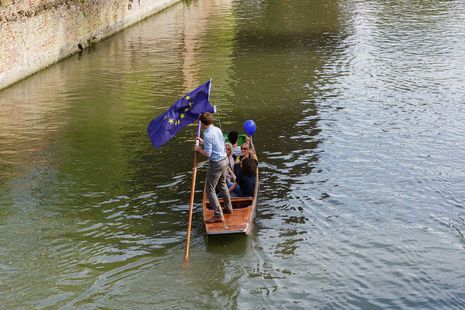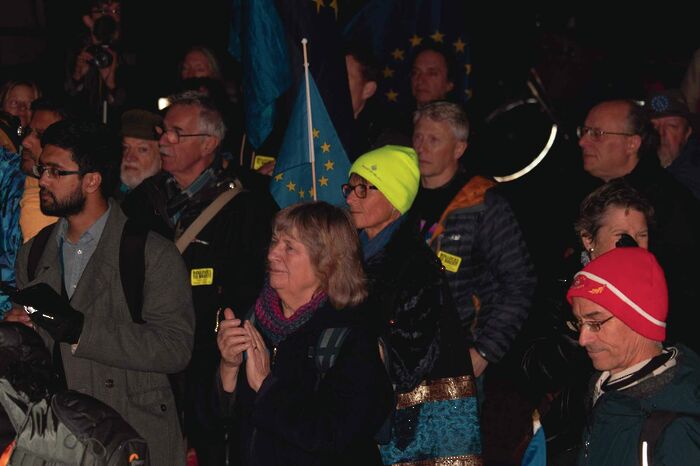Cambridge MP rebukes Government’s decision not to back Erasmus scheme
Zeichner described it as “another hugely disappointing decision”

Cambridge MP Daniel Zeichner has accused the Government of “coldly throwing away opportunities for our young people” following its decision to abandon guarantees for the popular European academic exchange programme, Erasmus+.
The amendment to the Brexit withdrawal agreement, tabled by Liberal Democrat MP Layla Moran, which would have required the Government to seek to negotiate continuing full membership of the EU’s Erasmus scheme, was defeated by 344 votes to 254 in a vote last Wednesday.
Mr Zeichner says: “This is another hugely disappointing decision from a Government that seems hell bent on taking us down an increasingly isolationist and self-destructive path.”
Describing the Erasmus+ scheme as an “invaluable opportunity for educational and cultural exchange between ourselves and Europe”, the Labour MP said that “Casting its future into doubt in this way is nonsensical, and just goes to show what little priority the Government is giving to the future and opportunities of our young people as we leave the EU.”
The Erasmus scheme is an EU funded program that organises international student exchanges. Established in 1987, over 5,000 higher institutions now participate in the Erasmus Program across 37 countries.
At the University, the departments of Modern and Medieval Languages (MML), Law, Engineering, and Physics allow undergraduates to participate in the scheme, many more departments allow PhD students to do so.
Lauren, a fourth-year MML student at Magdalene, received two Erasmus grants on her year abroad last year, where she studied for six months in Madrid and six months in Munich. Speaking to Varsity, she said the grants take away the burden of having to “scrimp and save and budget and worry… it will be impossible for a lot of people to get by working OR studying.”
When asked how students would be affected if the UK stopped participating in the scheme, Lauren said it would be “a huge blow to the MML degree… My year abroad was definitely my favourite year so far and such a learning curve - incomparable to Cambridge in terms of language acquisition.”
Lauren also acknowledged that, aside from the MML degree, “it’s invaluable to have students from other universities do their Erasmus scheme in Cambridge - it breaks the homogeneity of cultural backgrounds.”
More than 16,500 UK students studied abroad in 2016-17 thanks to the program constituting over half the total of UK students who study abroad, and more than 31,000 EU students came to the UK.
Spokespersons from the Government said they were “committed to continuing the academic relationship between the UK and the EU, including through the next Erasmus+ programme if it is in our interests to do so.”
 News / Right-wing billionaire Peter Thiel gives ‘antichrist’ lecture in Cambridge6 February 2026
News / Right-wing billionaire Peter Thiel gives ‘antichrist’ lecture in Cambridge6 February 2026 News / John’s duped into £10m overspend6 February 2026
News / John’s duped into £10m overspend6 February 2026 News / Epstein contacted Cambridge academics about research funding6 February 2026
News / Epstein contacted Cambridge academics about research funding6 February 2026 News / Lucy Cav students go on rent strike over hot water issues6 February 2026
News / Lucy Cav students go on rent strike over hot water issues6 February 2026 News / Corpus FemSoc no longer named after man6 February 2026
News / Corpus FemSoc no longer named after man6 February 2026











